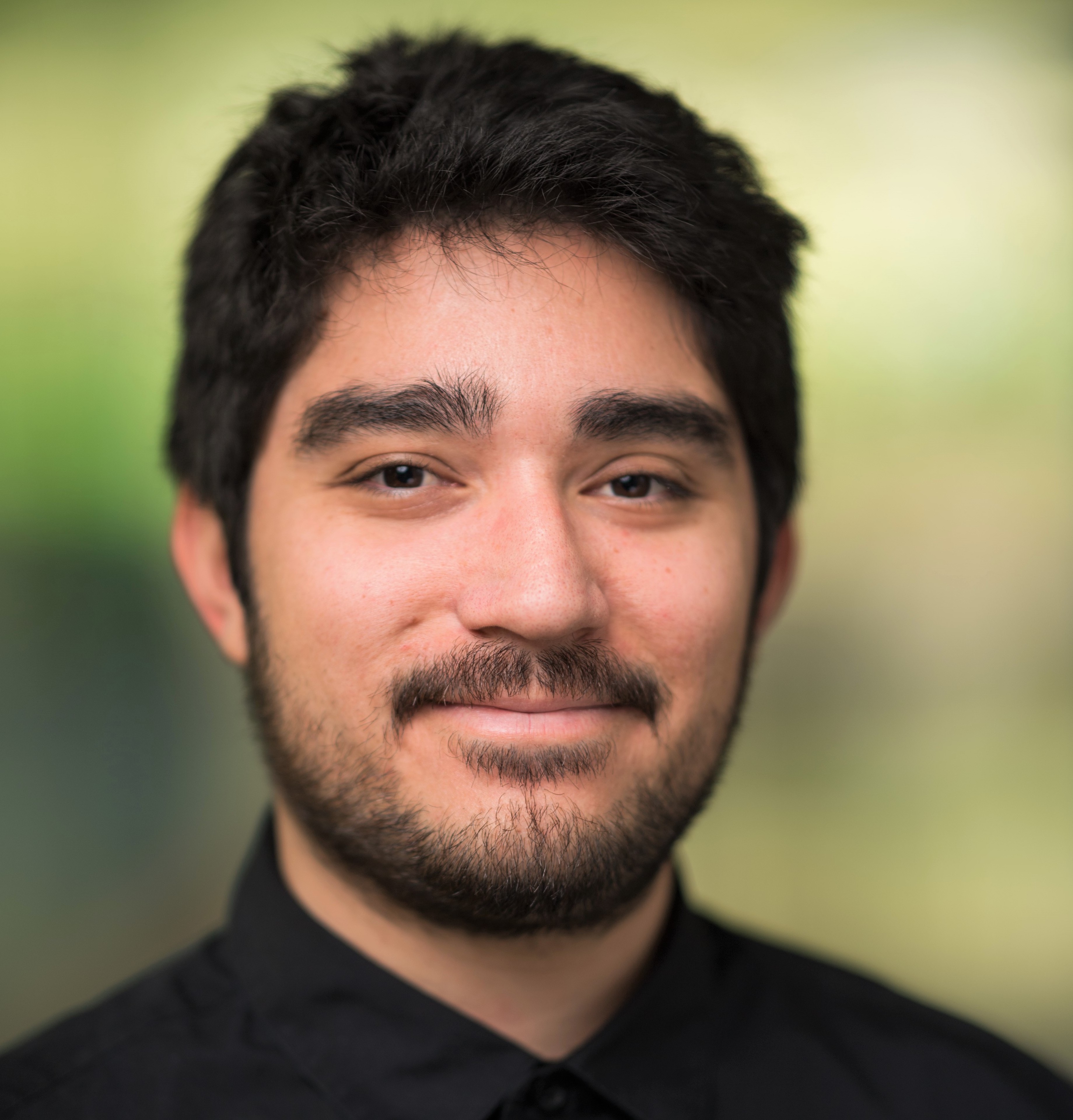About Me
Curriculum Vitae
Atmospheric Dynamics Modeling Group Website
Bio
I grew up outside of Los Angeles, CA and received my B.S. and M.S. in Physics at California State University, Northridge in 2016 and 2018, respectively. I worked in the research lab of Dr. Tyler Luchko studying and implementing various numerical methods for the 3D Reference Interaction Site Model (3D-RISM), a molecular solvation model. Upon graduating in 2018, I was awarded the Graduate Research Fellowship Program (GRFP) fellowship from NSF and enrolled in the department of Climate and Space Sciences and Engineering at the University of Michigan for my doctoral studies. At Michigan I have been working under the advisement of Dr. Christiane Jablonowski in the area of advancing our understanding of the interface of climate modeling and machine learning. While working on my research and coursework in atmospheric science, I enrolled in the Science, Technology, and Public Policy graduate certificate program through the Ford School of Public Policy, as well as the Data Science graduate certificate program offered by the Michigan Institute for Data Science. Upon graduating, I intend to pivot to a career in data science, ideally with a company that would value my diverse expertise across fields like computational physics, atmospheric science, and science policy.
Research Interests
During my PhD, I have been focused primarily on the question of feasibility and limitations of machine learning (ML) applications for emulating the physical parameterizations in climate models. Physical parameterizations are responsible for the sub-grid scale processes occuring in the atmosphere but cannot be explicitly resolved with the fluid flow calculations. Thus, they are parameterized and are responsible for significant bias and uncertainty in GCMs. Working with the Community Atmosphere Model (CAM), the atmospheric component of the Community Earth System Model developed by NCAR, we have been able to train and test ML emulators for various simplified model configurations. We recently showed how offline random forest emulators can be highly skillful for various idealized CAM configurations, but with just minor increases in complexity we do observe non-negligible decreases in skill. Details on the promises and potential limitations of these techniques, as well as comparisons to baseline neural network implementations, can be found in my recent manuscript available here.
As part of my final PhD research project, I led the development and extension of dynamical test cases for AI-driven weather forecasting models, including systems such as GraphCast and FourCastNet. These test cases provided a framework for interactive evaluation of the models’ dynamical responses, helping to move beyond standard forecast verification metrics and into a deeper understanding of how these AI models represent the underlying atmospheric dynamics. A central focus of my work was investigating the role of vertical resolution in shaping the dynamics learned by these models, which marked one of the first academic investigations into how the choice of vertical structure in these forecasting systems influence the model’s behavior. This type of systematic investigation offers researchers new tools to analyze the physical consistency and interpretability of next-generation AI forecasting systems, helping to bridge the gap between traditional atmospheric science and machine learning–based approaches.
